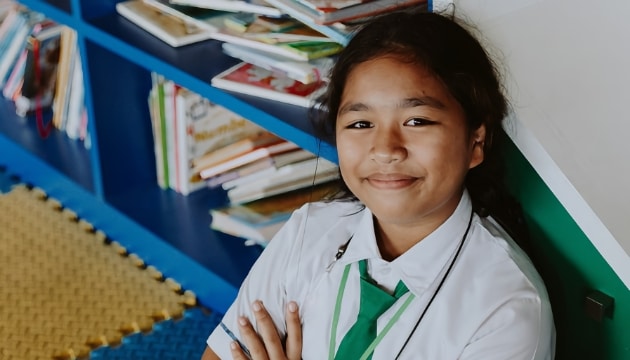
School social work—a unique position
Pandemic-related stress has significantly affected children and young people. However, Iosis is well-placed to respond to their needs through school-based social work.
“There is more anxiety in general in the world. But it has gone up definitely since the pandemic happened,” says Heidi Austin-Crawford, manager of Iosis’s school social workers.
In response, her team has created two programmes to run in schools. One is about anxiety. The other deals with online well-being, since social media is how young people typically engage with their peers—and even more so during lockdowns.
“In the past if there were crises you might see the news, but the awareness was not so acute. It is more tangible when it is on social media. There is also a lot of comparison online. People feel like they need to project a false image of themselves,” says Heidi.
A unique position
Some commentators pinpoint social media one-upmanship and a lack of engagement with school being contributing factors to the recent spate of ram raids and car thefts by minors. Heidi acknowledges these are real issues, but says the reasons are not so simplistic.
“For the last two-and-a-half years, whānau have just been managing getting through life. But now a lot of trauma and mental health problems are raising their heads. Also, for some kids, school is not a place where they can learn in a way that works for them. Schools and teachers, too, are carrying much stress.
“That’s why our role is so important. School social workers have the ability to take time to connect with kids and whānau who don’t normally engage with social services. That in itself is pretty special, and long-term it is quite successful. We’re so blessed to have such a unique position.”
Training the trainers
Iosis encourages professional development for staff. Recently our school social workers trained with Empowerment Trust to help them teach children about keeping themselves safe in multiple situations.
“We did this because body safety was coming up as an issue in schools,” says Heidi. “It’s also helping kids learn how to vocalise and make decisions about what is good or not good. This knowledge flows in together with the knowledge we have built as a result of our own well-being and anxiety programmes in schools.”

